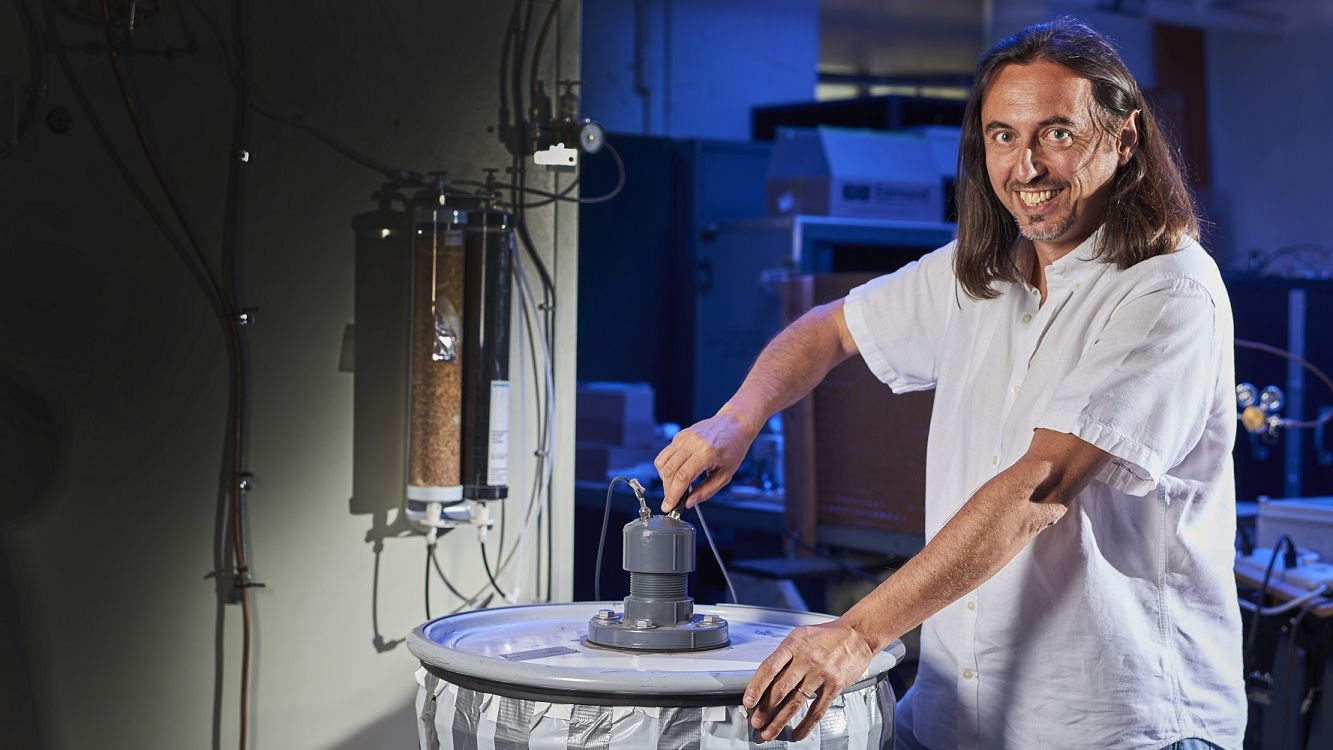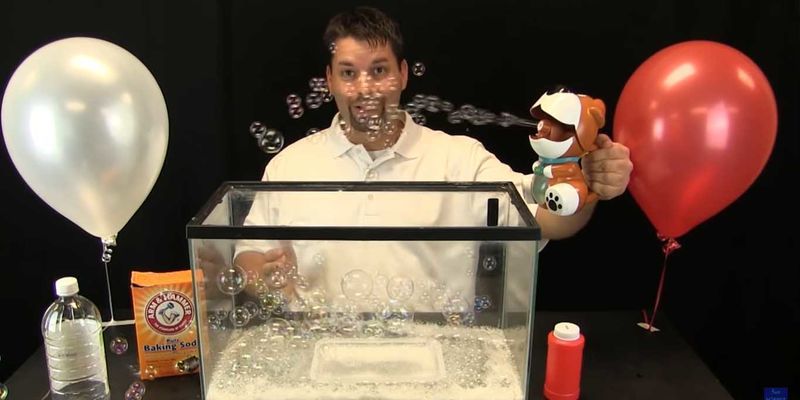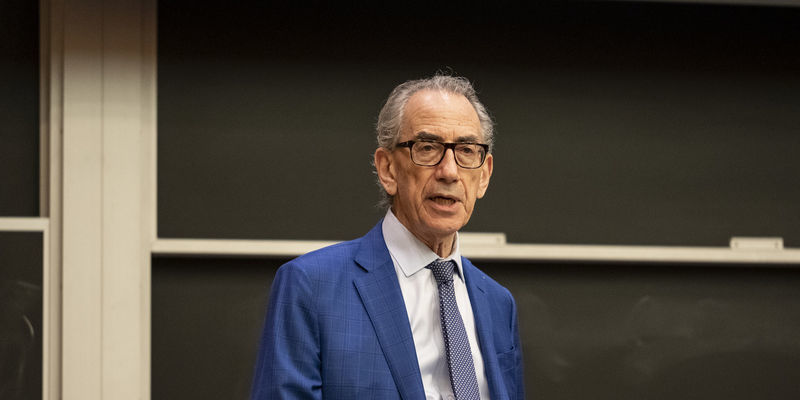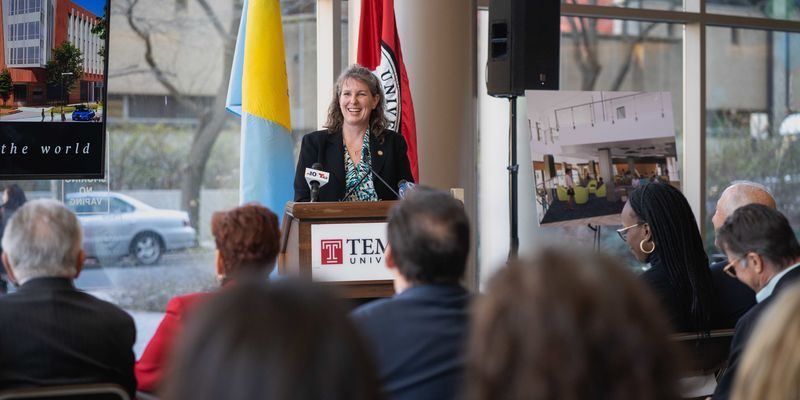A new College of Science and Technology dean will join Temple University this fall
Miguel Mostafá, a veteran of R1 universities, including Pennsylvania State University, will begin his new role on Oct. 1.

Temple University is pleased to announce the selection of Miguel Mostafá as the next dean of the College of Science and Technology (CST), said Temple University Provost Gregory N. Mandel. Following a rigorous nationwide search, Mostafá will lead the college into a new era of excellence and innovation beginning Oct. 1.
“With his impressive qualifications, extensive experience, and dedication to academic excellence and inclusivity, Miguel Mostafá is poised to lead the College of Science and Technology to new heights,” Mandel said. “We are excited to welcome him to the Temple University community and have full confidence that his visionary leadership will inspire and empower students, faculty and staff to achieve their fullest potential.”
With 17 years of distinguished service as a faculty member at three R1 universities in the U.S. and seven years at two national laboratories, Mostafá’s academic journey is marked by exceptional achievements in research, teaching and leadership. Currently serving as the associate dean for research and innovation at the Eberly College of Science at the Pennsylvania State University (Penn State), he is dedicated to advancing science and fostering a culture of excellence at Temple.
“I am truly honored to join the Temple University community,” Mostafá said. “Together, we will forge a path of excellence and innovation, fostering an inclusive environment where cutting-edge research, transformative education and collaboration converge to shape the future of science and technology. Our college will empower our students, faculty and staff to achieve their highest aspirations and impact our world.”
Mostafá is deeply committed to teaching and mentoring the next generation of scientists. His innovative approach to learning has created new physics courses, study abroad programs and a new minor in international science.
Internationally recognized scientist Michael L. Klein, who currently serves as dean, will remain at the college until after Mostafá’s arrival to ensure a smooth transition. Klein will then return to the faculty to pursue his research and teaching interests and will continue to serve as director of the Institute for Computational Molecular Science at CST.
Mostafá earned a PhD in physics in 2001 at the Instituto Balseiro in Bariloche, Argentina. His thesis in high-energy particle physics was done at the Fermi National Accelerator Laboratory. He received a master of science in nuclear engineering also from the Instituto Balseiro.
Throughout his career, Mostafá has significantly contributed to high-energy and multimessenger astrophysics. His cutting-edge research spans a wide range of areas, from gamma-ray observations using the High Altitude Water Cherenkov (HAWC) Gamma-ray Observatory to groundbreaking work on cosmic-ray anisotropies and particle interactions through the Astrophysical Multimessenger Observatory Network project, which he leads at Penn State. His research has garnered widespread recognition, with 11 renowned papers with over 500 citations each and more than 2,000 citations annually since 2017. Mostafá received the Faculty Scholar Medal in the Physical Sciences at Penn State.
Notably, Mostafá has been a driving force in increasing diversity in physics, actively engaging with organizations such as the National Society of Black Physicists and the Society for Advancement of Chicanos/Hispanics and Native Americans in Science. His mentoring efforts have led to numerous prestigious awards and fellowships for his students and postdoctoral candidates, making him a recipient of the Distinguished Mentoring Award at Penn State.
Mostafá has also demonstrated exceptional leadership in various capacities at the university level and within international collaborations. Notable achievements include his coordination of significant scientific efforts in the Pierre Auger Collaboration and his successful leadership in deploying the HAWC Observatory’s detectors in Mexico. He has led initiatives at various higher education institutions to promote research, teaching and service excellence.
Under his guidance, research awards have substantially increased, and new funding opportunities and collaborations have been established, further enhancing the college’s impact on scientific advancements.
“I have been consistently inspired by Temple’s dedication to teaching, research, service and outreach,” Mostafá said. “I’m looking forward to joining this wonderful community in October.”
- Deirdre C. Hopkins


